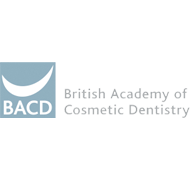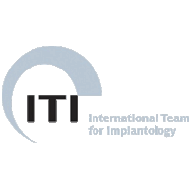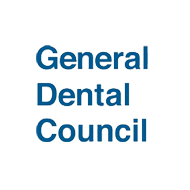Plain still water and milk are the best choices of drink for a child. Sweetened drinks should be avoided for as long as possible. They encourage a ‘sweet tooth’, leading to problems later on.
Sugar-free squashes, if totally sugar free, are the safest alternative to water or milk for the protection of children’s teeth. They should be diluted as much as possible – there should only be a hint of colour in the water when the drink is made up. Some of these drinks contain artificial sweeteners, which should not be given to a young child (check with a dentist/health visitor).
The dilution of natural fruit juices with water minimises the risk of tooth damage. Dilute one part juice/squash to 10 parts water.
If children are genuinely thirsty they will always drink water! It can be made more exciting to drink by giving it in a special cup, adding ice or using a straw.
Squashes, fizzy drinks (whether diet or regular), fruit drinks, cocoa and milk shakes all cause harm to teeth. The sugar in them causes decay while the acid in both normal and diet drinks dissolves the enamel on the teeth.
Comfort feeders and bottles containing sugary drinks given to young children for prolonged periods of time cause severe dental problems because they bathe the teeth in sugar. When using feeding bottles, hold the child until the feed is finished. Never leave a baby propped up with a bottle. Apart from the increased risk of damage to their teeth, the baby could choke.
Never leave a sweetened bottle or feeder cup by a child’s bed overnight.
Milk or water is the only drink that should be given in a baby’s bottle.
Sugared liquid medicines for children are very effective but, if taken regularly, they have a significant risk of causing dental decay. If possible try giving them at mealtimes and not last thing at night. Better still, ask the GP or pharmacist for a sugar-free medicine.
The more often that a child has sugary drinks, the more likely they are to get dental decay. Therefore it’s best to give such drinks at mealtimes only.
When buying drinks look at the labels. Manufacturers often describe sugars as ‘added’ or ‘natural’. Natural sugars are just as damaging to teeth as refined sugars.
Honey is a source of natural sugar but acts as a concentrated solution of glucose and fructose (these are both ‘hidden sugars’). Sugars in fruit juices are also natural but are more rapidly absorbed than those in the whole fruit; also, natural fruit juices can be acidic.
REMEMBER:
- Try to get children to drink only milk or water between meals.
- Dilute drinks, when applicable, as much as possible.
- Give sugary drinks at mealtimes only.
- Limit giving fizzy drinks as treats for special occasion meals only.
- After brushing their teeth at bedtime, let children drink only water.
- Liquid medicines: always try and get sugar-free formulas from the pharmacist.








